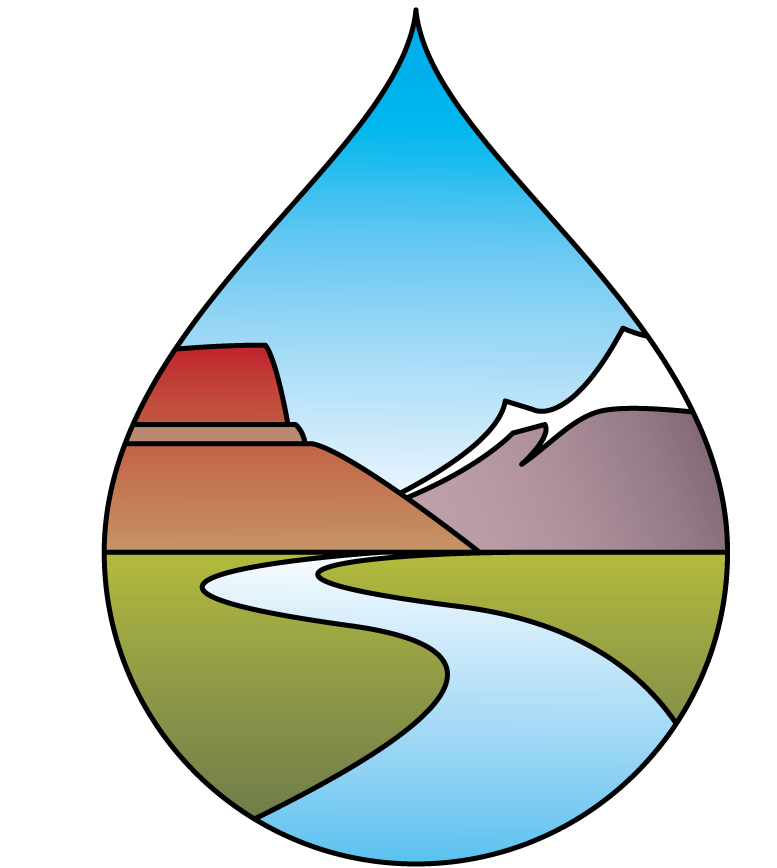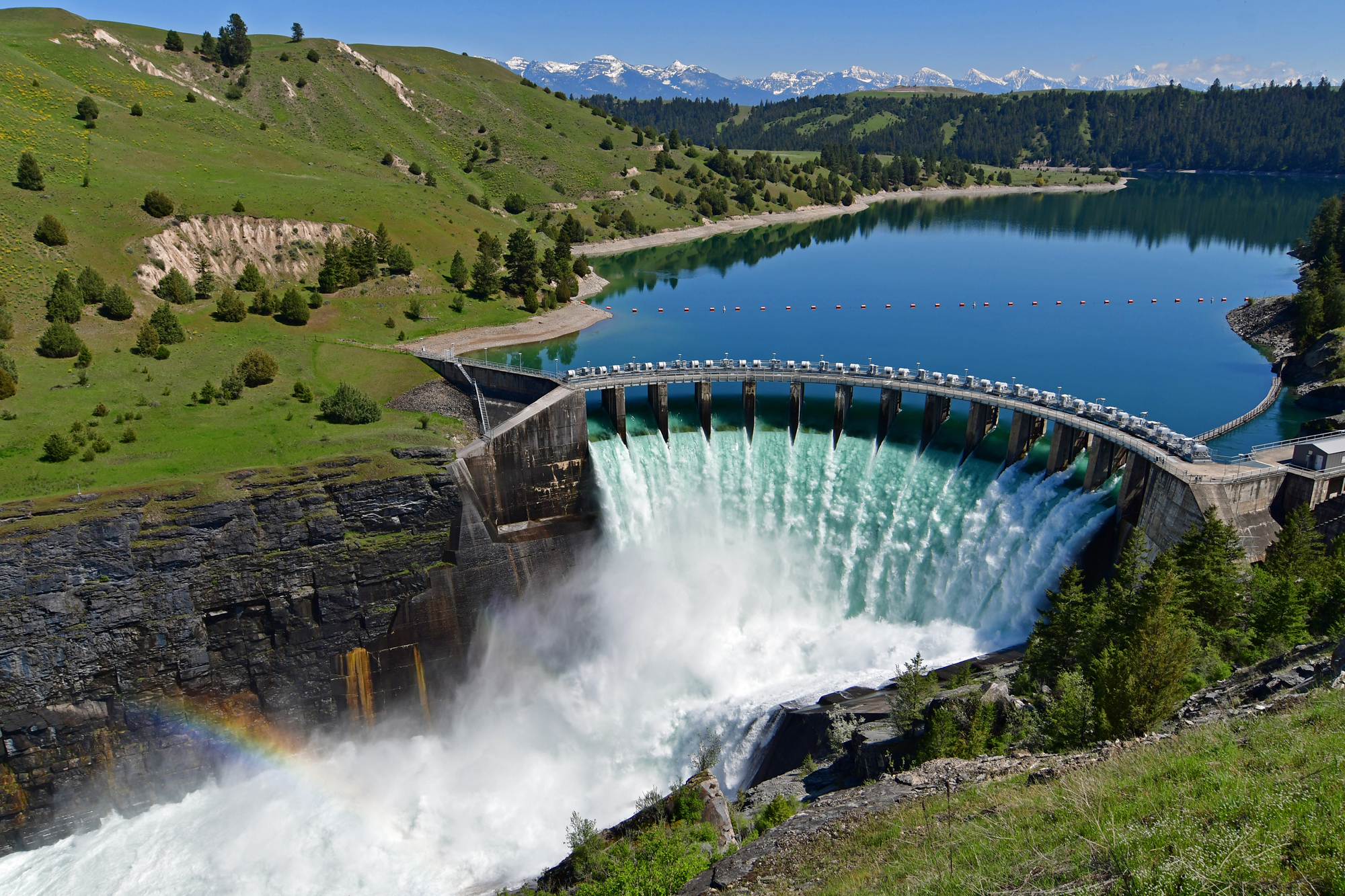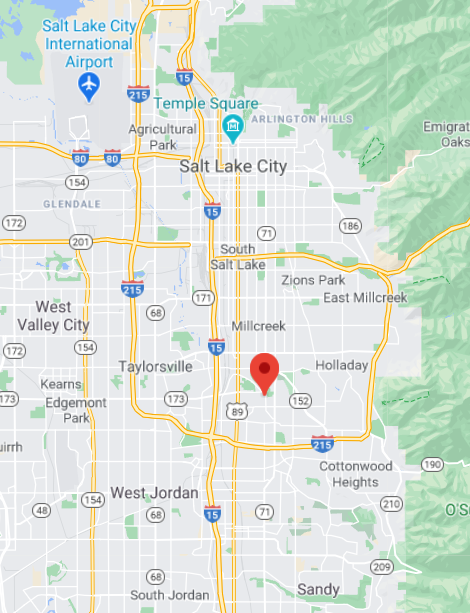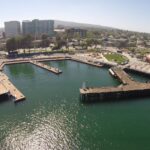
Western States Water Council
A Voice for Water in the West since 1965
What We Do
Our mission is to ensure that the West has an adequate, secure, and sustainable supply of water of suitable quality to meet its diverse economic and environmental needs now and in the future.
Western Water Policy Positions
Raise water as a critical public policy priority. Policy positions are vetted with the governors, adopted by the Council, and promoted on behalf of Western States.
Weekly Newsletter
Report and curate state and federal news on water-related issues, as well as other activities and events.
Federal Reserved Tribal and Non-Tribal Water Rights
Support authorization and funding of negotiated settlements between tribes, states, and federal agencies to resolved unquantified tribal and non-tribal water claims.
Water Infrastructure
Recognize and promote active asset management, including consistent funding to address aging infrastructure challenges, future water supply, and water and wastewater treatment needs.
Sharing of State-Level Water Data
Develop and grow the Water Data Exchange (WaDE) Program that streamlines access to water rights and water use data, water quality and other water related databases.
Enhance State and Federal Relationships and Encourage Collaboration
Serve as a forum for Interstate and State/Federal dialogue and action on emerging and ongoing water issues with our Western States Federal Agency Support Team (WestFAST).
Water Quality-Quantity Nexus
Recognize and promote efforts to better manage and balance the interrelationships between the development and allocation of water resources, wastewater treatment, and water quality.
Water-Related Observing Systems and Data
Support the maintenance and expansion of critical observing systems and promote innovation related to the monitoring and reporting of water-related parameters.
#484 – Hydraulic Fracturing
#484 - Hydraulic Fracturing WHEREAS, hydraulic fracturing is a process that injects sand, water, and other fluids, including various chemical compounds, underground to aid in the extraction of oil and natural gas; and WHEREAS, hydraulic fracturing has been used for...
#483 – Strengthening the Resiliency of Our Nation to the Impacts of Extreme Weather Events
#483 - Strengthening the Resiliency of Our Nation to the Impacts of Extreme Weather Events (August 5, 2022) WHEREAS, the West and the Nation continue to suffer the effects of increasingly extreme weather events, including tornadoes, hurricanes, extreme precipitation,...
#482 – Preservation of Radio Frequencies Necessary for Weather Forecasting and Water Management
#482 - Preservation of Radio Frequencies Necessary for Weather Forecasting and Water Management (August 5, 2022) WHEREAS, the Administration has launched a $45 Billion “Internet for All” Initiative to Connect Everyone in America; and WHEREAS, National...
Issue #2664
To view and download the newsletters, click on the link below: Issue #2664 HIGHLIGHTS On May 27, Governor Brad Little and Lt. Governor Scott Bedke celebrated over $30 million in water infrastructure funding approved by the Idaho Water Resource Board. The funding...
WSWC Letters on Abandoned Mines to the Administration and to Congress
On July 28, WSWC sent two letters on abandoned mines to the Administration and to Congress. The first letter was addressed to Secretary Deb Haaland, Department of the Interior; Secretary Tom Vilsak, Department of Agriculture; and Administrator Michael Regan, EPA. It...
Testimony: Appropriations for USDA
On April 6, 2020, the WSWC submitted written testimony to the Senate Committee on Appropriations Subcommittee on Agriculture, Rural Development, Food and Drug Administration, and Related Agencies, with a focus on support for USDA programs. The testimony relied on four...
No Results Found
The page you requested could not be found. Try refining your search, or use the navigation above to locate the post.
No Results Found
The page you requested could not be found. Try refining your search, or use the navigation above to locate the post.
Topical Resources

Under Construction
Your content goes here. Edit or remove this text inline or in the module Content settings. You can also style every aspect of this content in the module Design settings and even apply custom CSS to this text in the module Advanced settings.
No Results Found
The page you requested could not be found. Try refining your search, or use the navigation above to locate the post.
Issue #2670
To view and download the newsletters, click on the link below: Issue #2670 HIGHLIGHTS The House T&I Committee narrowly approved the PERMIT Act, bundling 13 water-related reform bills aimed at streamlining Clean Water Act permitting The D.C. Circuit upheld FERC’s...
(2015, Post) WSWC/CDWR Workshop on Sub-Seasonal and Seasonal Precipitation Forecasting
WSWC/CDWR Workshop on Sub-Seasonal and Seasonal Precipitation Forecasting (Link to Event) The Western States Water Council and the California Department of Water Resources cosponsored a workshop on precipitation forecasting held May 27-29, 2015 in San Diego,...
The Western States Water Council is the preeminent water policy organization in the western U.S. representing as it does 18 western states. From influential positions on federal rules and legislation to support of Landsat missions intended to acquire important water use information, the Council serves it member states like no other entity. My 18-year membership with the Council is one of the most memorable experiences of my service as Wyoming State Engineer.
I find the Council to be a provocative forum to discuss how State water supply and water quality program should interact. Western perspectives highlight the unique and confounding aspects of managing water quality in ways that defy uniform application of the Clean Water Act. And there may be no greater champion of the importance of water data programs of the USGS and NRCS than the WSWC.
The Western States Water Council is recognized as a national leader in developing and influencing national and western water policy, while serving as the water arm for the Western Governors’ Association. The Council provides an excellent forum for states and federal agencies to discuss water issues of mutual interest. I know that my time on the Council certainly enhanced my ability as a leader on state water issues.
Contact Us
Western States Water Council Office
682 East Vine Street, Suite 7
Murray, UT 84107-5501
(801) 685-2555
(801) 685-2559 (fax)
jgroat@wswc.utah.gov
Julie Groat
Office Manager



